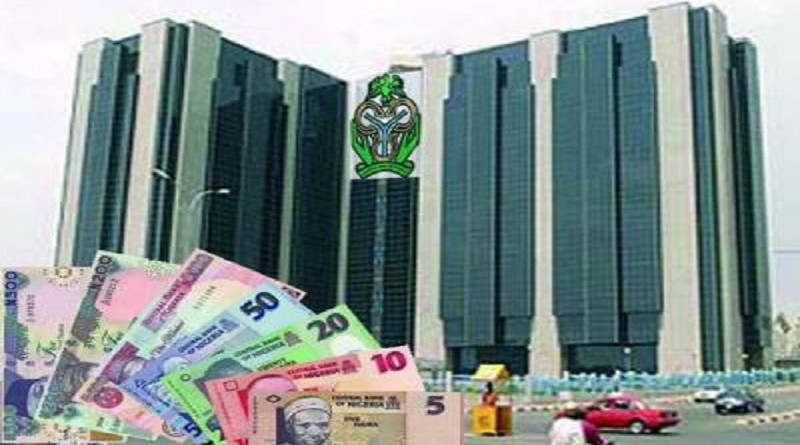CBN cuts benchmark interest rate, the MPR, to 13.5%
Nigeria’s central bank cut its benchmark interest rate to 13.5 percent from 14 percent as part of an attempt to stimulate growth in Africa’s biggest economy and signal a “new direction”, its governor said on Tuesday in a surprise decision.
In 2017 Africa’s top oil producer emerged from its first recession in 25 years, since when higher oil prices have helped boost state coffers: crude sales account for two-thirds of the country’s revenue and 90 percent of foreign exchange.
“The committee felt that given the relative stability in key macroeconomic variables there is a need to signal a new direction, in which case we are talking about being pro-growth,” said Godwin Emefiele.
The governor, whose term is due to end in June, said Nigeria should be able to lift growth to between 2.7 and 3 percent, up from 1.9 percent last year.
“This rate cut is meant to signal that there is a need for us to move course a little further. To do so we need to begin to look at money supply, liquidity to push growth,” he said.
Six of the monetary policy committee’s 11 members who met agreed on the 50 basis point rate cut, Emefiele said.
Most analysts polled by Reuters in January expected rates to be kept on hold through to the middle of the year at least.
The decision followed the first monetary policy committee meeting since President Muhammadu Buhari won a second term last month. He defeated the main opposition candidate Atiku Abubakar who had campaigned to float Nigeria’s naira currency.
Traders said they expected bond yields to decline at the next session on Tuesday due to the rate cut as investors watch out for where the rates will settle at the central bank’s next treasury auction.
The benchmark one-year treasury bill closed at 12.4 percent on Monday, around the rate at which the bank issued it at its last auction last week. Bond buyers had hoped the central bank would start to increase liquidity to improve funding conditions, particularly with election risk out of the way.
Consumer inflation was 11.31 percent in February year on year, down slightly from 11.37 percent annual growth a month earlier.
Inflation has been in double digits for three years and the central bank has previously said it was targeting single digit inflation.
“This came as a big surprise, and it suggests policymakers have made a clear decision to ignore their own inflation targets and to focus on providing monetary stimulus,” said John Ashbourne, senior emerging markets economist at Capital Economics in London.
“I doubt that this will do much to boost growth, but it will hit the bank’s credibility with investors,” added Ashbourne. He said the reference to a “new direction” just as Buhari secured a second term and his tenure as governor was due to end could give the impression that the move was in some way political.
Nigerian central bank governors typically serve one term but may serve a second.
Chief Africa economist at Standard Charted Razia Khan said more detail was needed on fiscal and monetary policy intentions in the months ahead. “It is not clear how much a 50 bps MPR cut really delivers in terms of growth,” she said.
REUTERS
(Additional reporting by Didi Akinyelure in Lagos, Writing by Alexis Akwagyiram, Editing by William Maclean and Jon Boyle)




